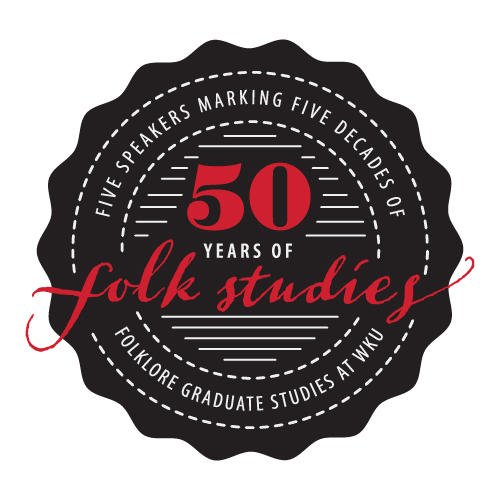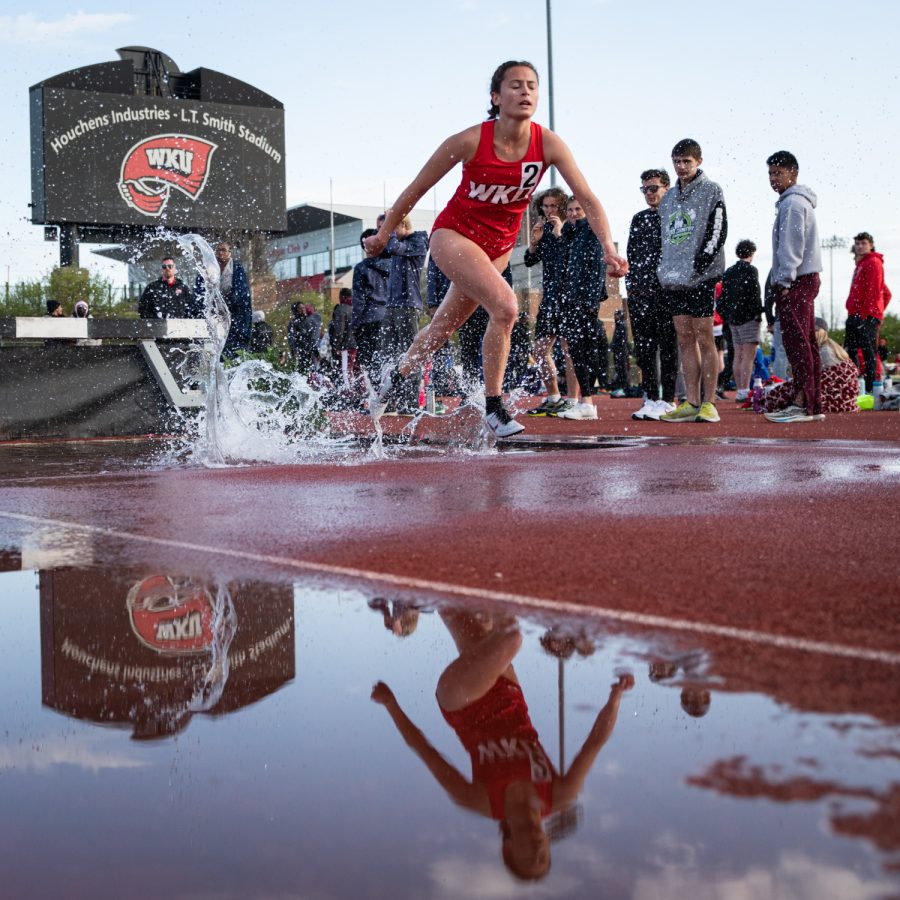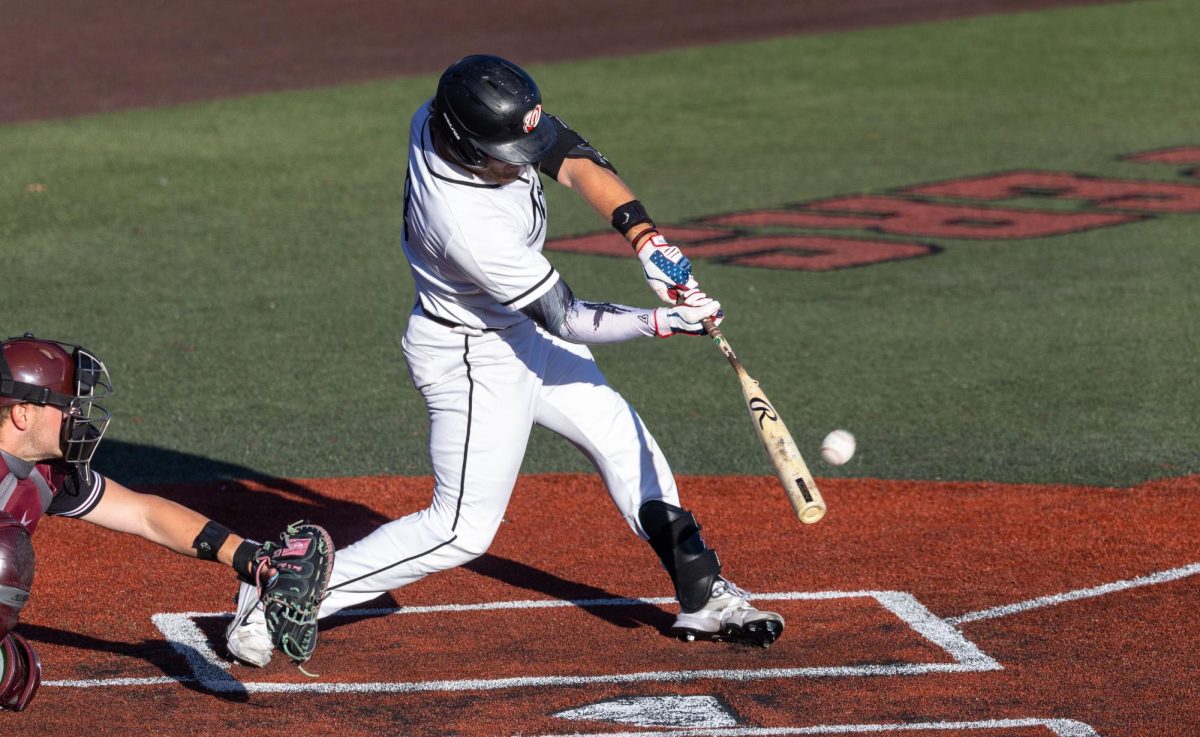Folk studies graduate program celebrates 50th anniversary
September 15, 2022
WKU’s Department of Folk Studies and Anthropology is celebrating an important milestone this year: five decades of its graduate folk studies program.
Ann Ferrell, associate professor of folk studies and program director, said this year marks the 50th year of the graduate program and 2023 will mark 50 years since the completion of the first folklore thesis.
Ferrell said the idea of a folk studies program really traces its roots back to 1917, when Gordon Wilson put out a “call” to begin collecting folklore in the region.
“It became very important to him […] that there be a folklore studies program at WKU,” Ferrell said. “He’s really the reason we’re here today.”
First it was housed in the English Department, Ferrell said, before moving to what was called the Intercultural Studies Department, eventually moving to where it is today in the Ivan Wilson Center for Fine Arts.
It was not until 1968 that the first minors were offered in folk studies. According to Ferrell, a master’s program was offered from 1972 onwards.
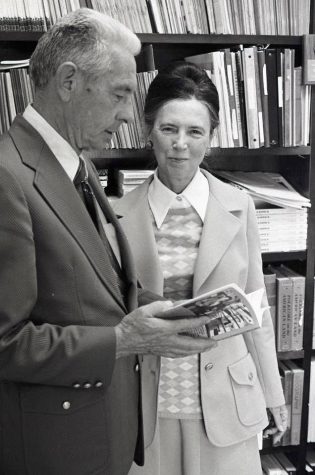
(WKU Libraries and Special Collections / Provided by Ann Ferrell)
Ferrell explained that a major in folk studies is not available as the program is relatively small, with roughly 30 minors and 12-15 graduates.
“Of course we’re looking to grow, but we’re always going to be a small, unique program,” Ferrell said. “And that is part of our strength.”
To commemorate the anniversary, the program will host five different speakers beginning this week.
“We have five speakers representing the five decades of graduate studies,” Ferrell said. “We have two that are alumni of our program and three who are former faculty. We really wanted to spotlight a wide range of time and topics.”
The first speaker is David Puglia, who graduated from WKU with a master of arts in folk Studies in 2010. His talk will be held on Sept. 15 at 5:30 p.m. in the western room of the Kentucky Museum.
Puglia’s talk will focus on monsters in folklore, something Ferrell said she is really excited for. She said it should be a good, and engaging, talk.
“His talk is going to be fabulous,” Ferrell said. “Monsters and other legendary creatures and cryptids.”
Other speakers include Erika Brady, a co-host of Barren River Breakdown on WKYU-PBS, and Peggy Bulger, previous director of the American Folklife Center in the Library of Congress.
Though Ferrell said she did not have the specific titles of upcoming talks, she did say Brady’s talk, happening on Nov. 17, is about music in the region. The talks are free and open to the public.
Ferrell said that looking forward, folklorists will continue to adapt to a world that is constantly stretching and changing the parameters of what is deemed folklore.
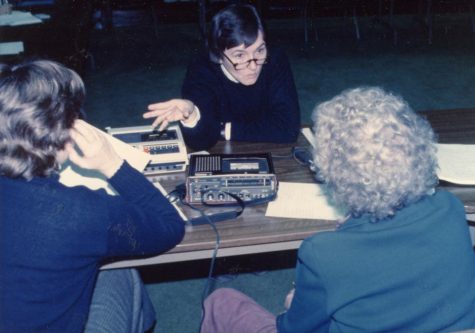
“I think we’ll continue to think about the changing world, and how that change affects our traditions,” Ferrell said.
Folklore, Ferrell said, is a hard thing for people to define as it is rather fluid in nature.
“We all have our own definitions,” Ferrell said. “Folklore is a compound word, with ‘folk’ meaning people and ‘lore’ meaning knowledge; so most simply, folklore studies is the knowledge that we share with each other and learn from each other. It is knowledge we’ve learned from our families, our communities. ”
Ferrell said that, like her own, the road to pursuing folk studies is often a “winding path.”
“Folklore isn’t one of those things you necessarily knew was a thing when you came to college that you could study,” Ferrell said. “I was interested in a lot of things that I later learned were folklore.”
From legends and museums to government non-profits, making baskets or playing instruments, Ferrell said folklore covers a wide array of areas.
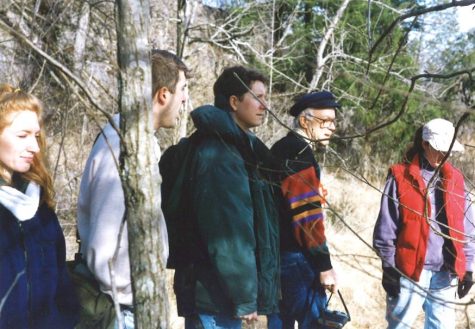
(Larry Morrisey / Provided by Ann Ferrell)
“It’s hard to find a topic a folklorist couldn’t research because it’s about the questions we ask, not the topic,” Ferrell said. “It’s a particular kind of perspective.”
Ferrell is excited for the upcoming talks that will bring this perspective to the entire campus community.
“We really want to remind people, or tell people for the first time, of the really wide range of things that folklorists study,” Ferrell said. “It’s a really broad ranging field, and so we want to showcase that.”
Administration reporter Michael Crimmins can be reached at michael.crimmins416@topper.wku.edu.


